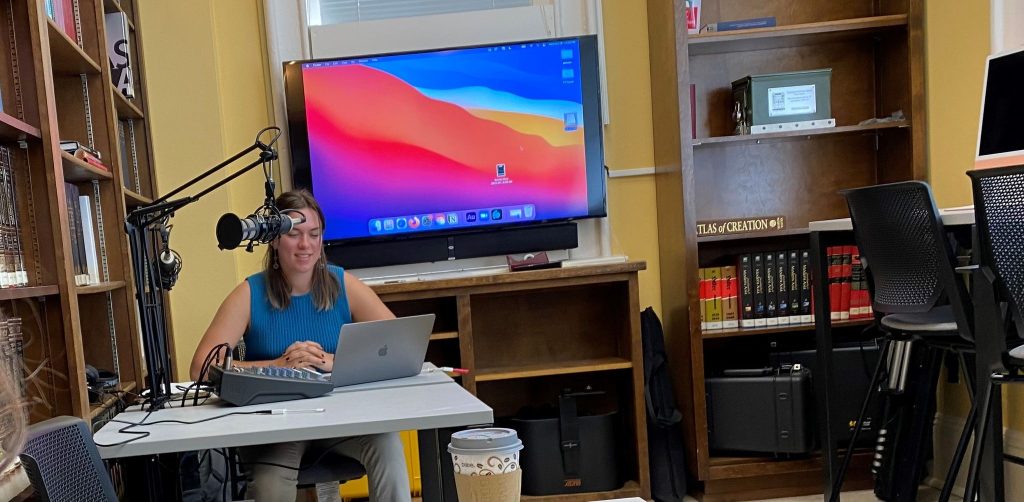
Why pursue an MA in the humanities when the chances of securing a tenure track position with a PhD are so low? That is a common question that students and faculty grapple with in the current university context. Helping students prepare for both their future and the myriad ways that they can contribute to society needs to be emphasized, which is something that we take seriously in the MA in Religion in Culture program at Alabama. Last Monday in Denver, I joined a panel at the American Academy of Religions conference that asked “What can religion departments do to support more diverse careers?” The panel included graduate students, faculty, and university staff/administrators. While we each represented different contexts (public and private universities; religious studies, theology, and humanities programs), many of the suggestions from panelists were similar. Being the next to last panelist, it was easy to refer to the suggestions others made while discussing strategies that our MA at Alabama has followed. It became clear that starting a new program less than a decade ago gave us greater freedom to craft the program’s structure to meet needs of students today.
Several panelists referenced the need to connect the content of our graduate education to discourses outside the academy, including learning to write for a broader audience. At Alabama, our dual foundations in social theory and digital humanities address both of these interests. The social theory foundations course includes discussions of how analyzing group formation, processes of identification, and discourses apply to multiple contexts, and the public humanities foundation course focuses on presenting material accessibly to the broader public through blogs, podcasts, and web resources like Uncivil Religion (which graduate students in one foundation course built).
Another common suggestion among the panelists was to listen to students and to treat interests in diverse career paths with equal encouragement as academic career paths receive. With opportunities to learn digital skills, participate in internships, and earn additional graduate certificates in museum studies, gender studies, and online education (to name a few), we help our students at Alabama prepare for a range of career paths. We also regularly tailor courses of study to individual interests. When we meet with our incoming students, we emphasize how the statement of purpose is not a contract that they should feel bound to uphold. We want our students to develop, explore, and grow, knowing that such growth may lead to a new direction. We have had students explore internships in student services, publishing, and emergency preparedness, some of which have led to jobs (even before graduation). Our alums who are pursuing PhDs have also used their digital skills to contribute to their programs and career trajectories (including supplemental funding sources).
The panel discussion also acknowledged challenges beyond those structural issues. Pursuing a different career path can generate tension in an individual’s self-identification if they have seen themselves (and presented themselves to others) as pursuing a career as a professor. Moreover, the passion that drove them to pursue graduate education, as one audience member (who works for a technology company) emphasized, often remains unfulfilled. Helping students and alums recognize these challenges and find ways to continue to pursue those passions (perhaps by contributing to academic analysis and discourse as guests on a blog or podcast, for example) can be important to support a healthy acceptance of diverse career paths. Highlighting ways that their training and passions intersect with diverse careers can also help people embrace other careers and ways of contributing.
Other panelists also highlighted some useful resources that connect humanities education to diverse career paths. Imagine PhD is a career exploration tool focused on the humanities and social sciences, and the Humanities Without Walls program at Illinois hosts a Career Diversity Workshop each summer. Putting the Humanities PhD to Work is another resource to help graduate students and alumni consider their career potentials.
If you have asked the question about why pursue an MA in Religion in Culture, we hope that you will consider talking with faculty at Alabama and even applying for our Fall 2023 (or future) class. The deadline for priority consideration for funding is coming soon (December 1). Come explore with us the possibilities that an MA in Religion in Culture can generate.